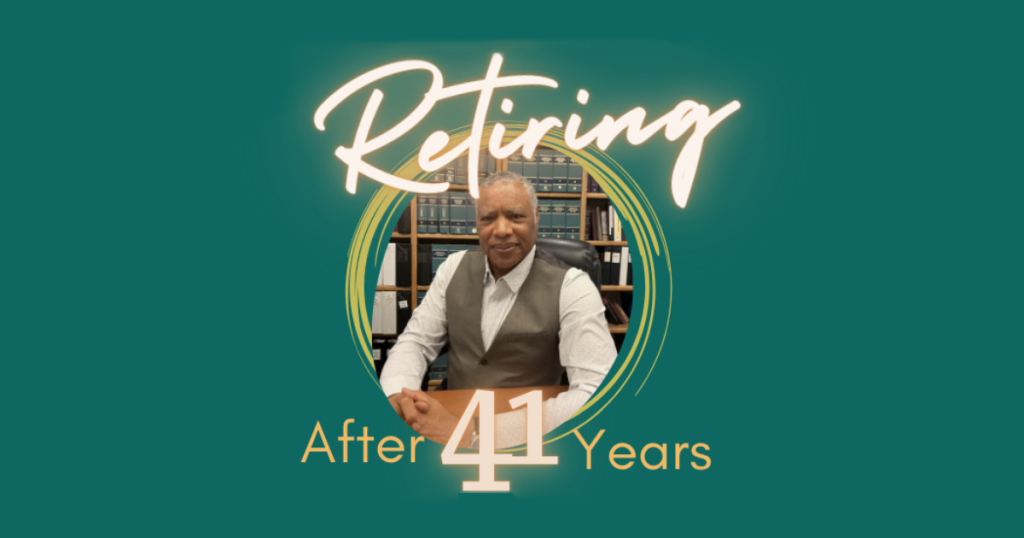In honor of the 30th Anniversary of the Americans with Disabilities Act (ADA), the Disability Rights Arizona (DRAZ) uses this blog post to introduce a three-part video series designed for people who are deaf and whose first and primary language is American Sign Language (ASL). The video project was supported by a grant from the Arizona Commission for the Deaf and Hard of Hearing (ACDHH). While there is much to celebrate about the advancement of civil rights for people with disabilities, work still needs to be done to end discrimination against the deaf and hard of hearing in healthcare settings due to a lack of effective communication.
Check out the DRAZ’s informational video series
The first video provides basics about the right to effective communication in healthcare settings. The second video addresses frequently asked questions about whether Video Remote Interpreting (VRI) or an onsite interpreter is necessary to provide effective communication between a healthcare provider and the patient. The third video outlines the complaint options when a healthcare provider discriminates and refuses to provide effective communication during a healthcare encounter.
According to the National Association of the Deaf,
- Healthcare is routinely inaccessible to deaf people due to communication and linguistic barriers.
- Individuals whose language is American Sign Language (ASL) or another sign language are often denied access to the health care system because most providers do not provide adequate communication access in ASL or any other sign language, through qualified interpreters.
- Complicating this further is the fact that individuals who are deaf vary greatly with respect to their hearing levels, communication styles, and languages.
- As a result, it is often a struggle for deaf individuals to find a health care provider with whom they can effectively communicate.
- Individuals who are deaf or hard or hard often experience discrimination in healthcare settings when they aren’t given the opportunity to participate in their own healthcare decisions because of a lack of effective communication.
The United States Department of Justice (DOJ) states, “[t]he goal is to ensure that communication with people with these disabilities is equally effective as communication with people without disabilities.” The ADA requires that individuals who are deaf or hard of hearing must be provided appropriate auxiliary aids and services to facilitate effective communication. Examples of available auxiliary aids and services include:
- Assistive listening devices
- Certified deaf interpreter
- Qualified onsite interpreter
- Qualified video relay interpreter (VRI)
- Real-time captioning (CART) services
- Written materials
- Any other aid or service that would help facilitate effective communication
Consistent with the goal of ending discrimination based on denial of effective communication, the DOJ, U.S. Department of Health and Human Services and the U.S. Attorneys Offices investigate complaints of discrimination due to ineffective communication. Here are four recent agreements posted by these agencies improving access to effective communication:
- Settlement Agreement between United States of America and Riverside Medical Clinic (USAO-California) (posted June 2020)
- Settlement Agreement between United States of America and AFC Urgent Care Norwalk (USAO-Connecticut) (posted June 2020)
- Settlement Agreement between United States of America and Lawrence Memorial Hospital (posted June 2020)
- Voluntary Resolution Agreement between DHS-OCR and Christus Trinity Mother Frances Health System (posted January 2020)
